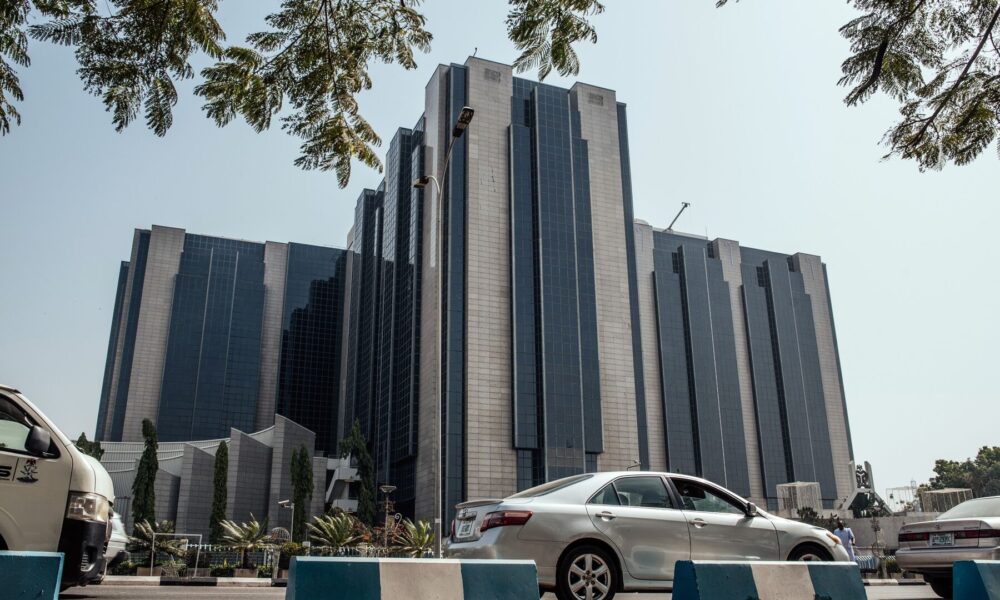Economy
Goldman Sachs Urges Bold Rate Hike as Naira Weakens and Inflation Soars

As Nigeria grapples with soaring inflation and a faltering naira, Goldman Sachs is calling for a substantial increase in interest rates to stabilize the economy and restore investor confidence.
The global investment bank’s recommendation comes ahead of the Central Bank of Nigeria’s (CBN) key monetary policy decision, set to be announced on Tuesday.
Goldman Sachs economists, including Andrew Matheny, argue that incremental rate adjustments will not be sufficient to address the country’s deepening economic challenges.
“Another 50 or 100 basis points is certainly not going to move the needle in the eyes of an investor,” Matheny stated. “Nigeria needs a bold, decisive move to curb inflation and regain investor trust.”
The CBN, under the leadership of Governor Olayemi Cardoso, is anticipated to raise interest rates by 75 basis points to 27% in its upcoming meeting.
This would mark a continuation of the aggressive tightening campaign that began in May 2022, which has seen rates increase by 14.75 percentage points.
Despite this, inflation has remained stubbornly high, highlighting the need for more substantial measures.
The current economic landscape is marked by severe challenges. The naira’s depreciation has led to higher import costs, fueling inflation and eroding consumer purchasing power.
The CBN has attempted to ease the currency’s scarcity by selling dollars to local foreign exchange bureaus, but these efforts have yet to stabilize the naira significantly.
“Developments since the last meeting have definitely been hawkish,” noted Matheny. “The naira has weakened further, exacerbating inflationary pressures. The CBN’s policy needs to reflect this reality more aggressively.”
In response to the persistent inflation and naira weakness, analysts are urging the central bank to implement a more coherent strategy to manage the currency and inflation.
James Marshall of Promeritum Investment Management LLP suggested that the CBN should actively participate in the foreign exchange market to mitigate the naira’s volatility and restore market confidence.
“The central bank needs to be a more consistent and active participant in the forex market,” Marshall said. “A clear strategy to address the naira’s weakness is crucial for stabilizing the economy.”
The CBN’s decision will come as the country faces a critical period. With inflation expected to slow due to favorable comparisons with the previous year and new measures to reduce food costs, including a temporary import duty waiver on wheat and corn, there is hope that the economic situation may improve.
However, analysts anticipate that the CBN will need to implement one final rate hike to solidify inflation’s slowdown and restore positive real rates.